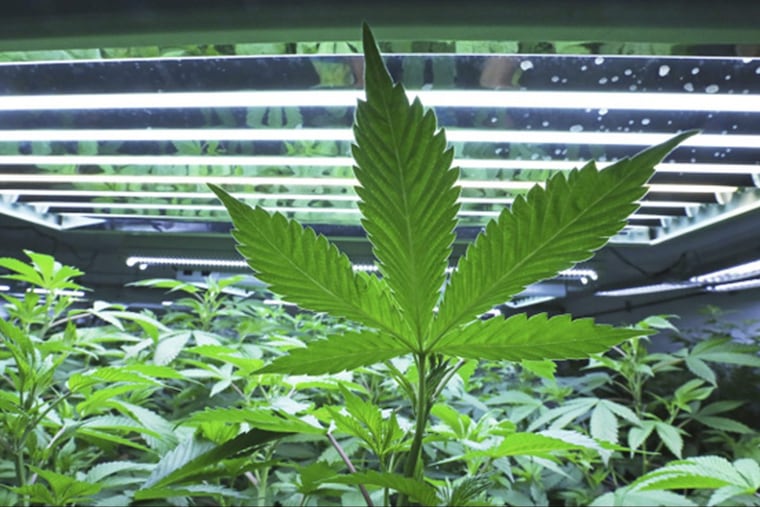Home delivery, employee protections as New Jersey expands medical marijuana program
The new law increases the amount of marijuana that patients can receive monthly, expands the number of illnesses eligible for prescriptions, and lets patients get the drugs delivered to their homes, among other provisions.

New Jersey patients will be able to buy more medical marijuana and get it delivered to their homes under a major expansion of the state’s medical cannabis program that Gov. Phil Murphy approved Tuesday.
The new law increases the amount of marijuana that patients can receive monthly, expands the number of illnesses eligible for prescriptions, and gives adults access to edibles, among other provisions. The overhaul of the state’s medical marijuana program comes months after lawmakers failed to legalize cannabis for recreational use.
“Today’s legislation creates a medical marijuana program that is modernized, compassionate, progressive, and meets the needs of patients,” Murphy, a Democrat, said in a statement. “I am proud to stand with my legislative partners as we break down barriers to ensure this life-changing medical treatment is affordable and accessible for those who need it most.”
Despite popular support among state residents, Murphy and lawmakers failed to muster enough votes in March to legalize recreational marijuana for adults. The Legislature passed the medical marijuana overhaul June 20.
The state’s medical marijuana program has roughly 50,000 patients, up from about 15,000 when then-Gov. Chris Christie left office in 2018. New Jersey enacted its medical marijuana program in 2010, but Christie, a Republican, slowed its implementation.
The latest overhaul will boost the monthly limit of marijuana patients can receive from two ounces to three ounces for 18 months — regulators are expected to set the maximum amount permitted after that. There will be no monthly limits for terminally ill and hospice care patients.
The new law also increases a patient’s supply from 90 days to one year and phases out the sales tax on medical cannabis by 2022.
Employers will also be barred from taking adverse actions against employees just because they are medical marijuana patients. And it allows physician assistants and advanced practice nurses to prescribe medical cannabis, instead of just doctors.
“This expansion of our medical marijuana program is patient-centric and patient-first,” Sen. Joseph Vitale (D., Middlesex), a sponsor of the law, said in a statement. “With these long overdue reforms, we will treat patients with the dignity they deserve, recognize the full benefits of cannabis, and ensure that compassion is a mainstay in New Jersey’s medical marijuana program."
The new law increases the number of qualifying illnesses for marijuana use, including seizure disorder, intractable skeletal muscular spasticity, post-traumatic stress disorder, glaucoma, cancer, as well as chronic pain and opioid-use disorder.
The measure also creates three new categories of licenses, including cultivators, manufacturers and dispensaries, and it calls for expanding the number of cultivators to 28. There are currently six so-called alternative treatment centers.
The law sets up a five-member commission to regulate the drug, shifting the oversight from the Health Department.
The Jake Honig Compassionate Use Medical Cannabis Act is named after a 7-year-old from Monmouth County who died last year after battling brain cancer. His parents, Mike and Janet Honig, have fought for easier access to cannabis to ease pain during illnesses.
This article contains information from the Associated Press.